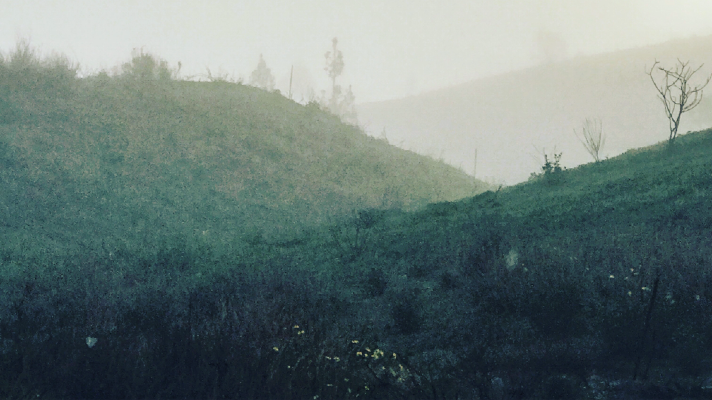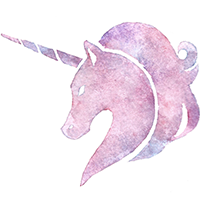
Last week, Oprah Winfrey’s podcast, Super Soul Conversations, shared an interview with Steven Pressfield, a writer whose credits include the movie The Legend of Bagger Vance. I missed the original interview, which took place in 2013, but I have long been familiar with and influenced by Pressfield thanks to his other, probably more famous work, The War of Art.
First published in 2002, The War of Art is a small book (with bite-sized chapters) that delves into the topic of writers block,1 or creative blocks of any kind. Pressfield’s main thesis is that creative blocks are real, and that they have an external source.
They’re like gravity, he says. A force of nature — or at least the psyche — that act against any effort to create something new. What’s more, the more a creative project pushes your limits or raises you to the next plane of understanding/skill/innovation/success, the more resistance you are going to experience.
For me, the idea of resistance is an important one. As someone who struggles constantly to cross the border from dreaming to accomplishing, being able to conceive of that the struggle as something external and inevitable is reassuring. It means I’m not personally responsible for creating the obstacles I face when I am trying to get myself to write.
Oprah agrees with me — she let out a big sigh of relief when she understood this as Pressfield’s core thesis.
Of course, recognizing that the obstacle is not my fault doesn’t absolve me of the responsibility of overcoming that obstacle. The onus is still on me to figure out how I can resist the resistance.
Recognizing when resistance is working against me (as opposed to internal sources of writers block such as depression) means that I can reframe my response to it.
Resistance might try to tell me I’m a terrible writer? Well, it’s ok to write terribly. (It’s never as bad as I think it is anyway.)
Resistance says it’s too late and I’m too tired?Surely there’s enough time for a ten-minute word sprint.
Resistance suggests a quick look at Instagram instead? OK, I can look at Instagram, but only after I’ve finished that one scene I didn’t finish last night…
Of course it’s not always that easy. Resistance has a whole list of things that it uses to lure me away from the work I want to accomplish, and I’m not always great at recognizing and ignoring it. Sometimes I do recognize it and give in anyway, because it’s just easier.
I know for sure that the main cure for beating back resistance is to just sit down and write — put your butt where your heart is, says Pressfield — but life is full of challenges, and sometimes it’s just too tiring to fight all the time, no matter how much I want the reward at the end.
Thankfully, one benefit of recognizing resistance means I don’t beat myself up so much when I fail to conquer it, and that’s important for my mental health. Self-recrimination becomes self-loathing all too easily, and that’s the threshold to depressive cycles that are hard to break out of. Not to mention that self-judgment becomes another tool of resistance: the more I judge myself, the more resistance will use that judgment against me and my aspirations. Resistance is quite effective enough without me giving it more material to work with.
Awareness, commitment and forgiveness: those are my main weapons for combatting resistance. I’m thankful the podcast brought me this reminder just now, as it’s so easy to give in to resistance this time of year. If you’re going into war, it’s a good idea to sharpen your weapons regularly!
Now, I’m going to go find my copy of The War of Art and remind myself about how insidious resistance can be — but not before I get at least a ten-minute sprint done on my current WIP.
